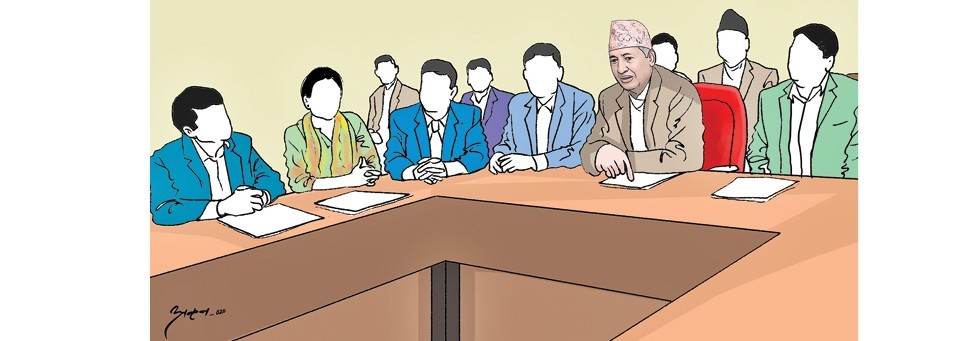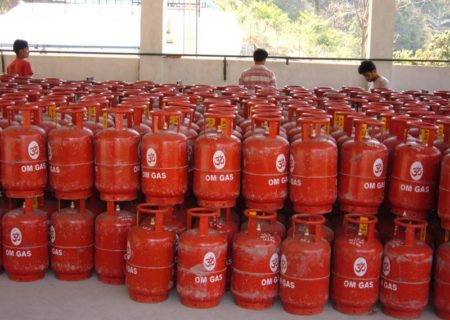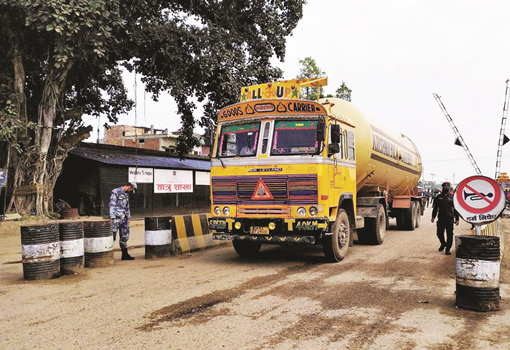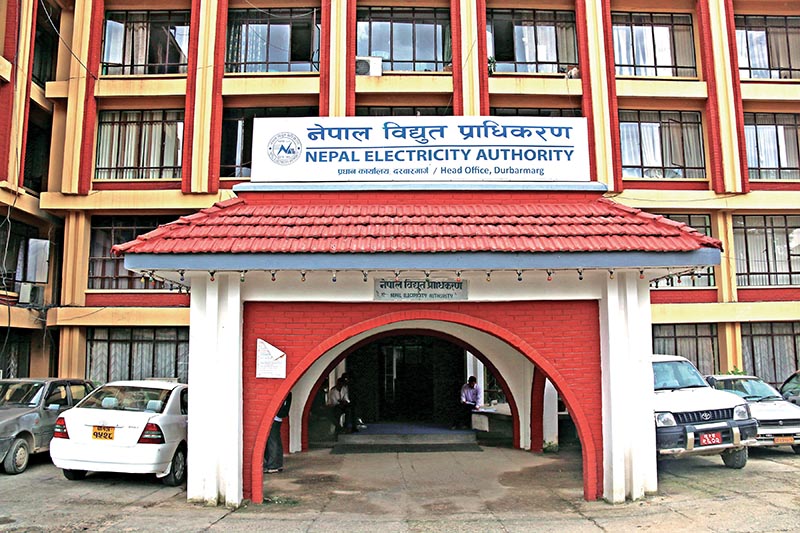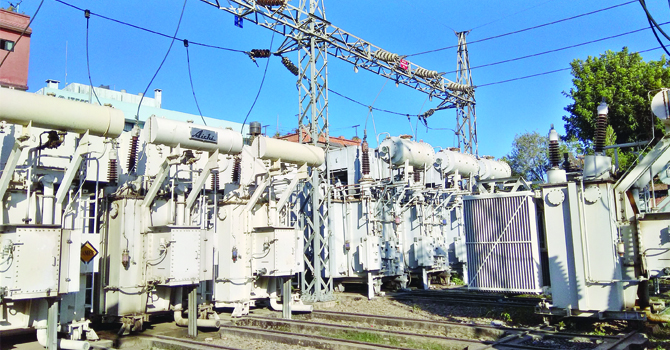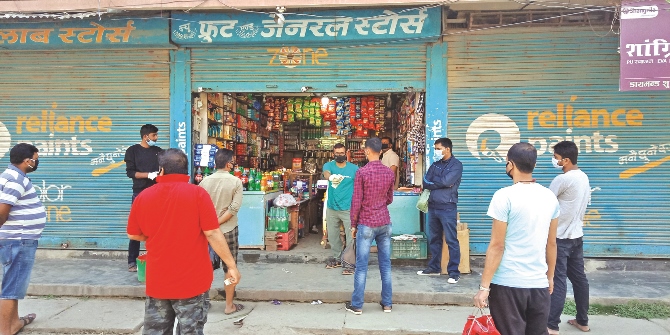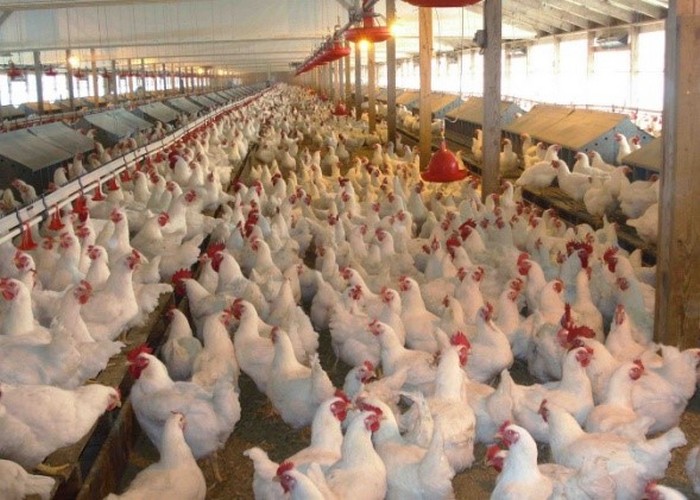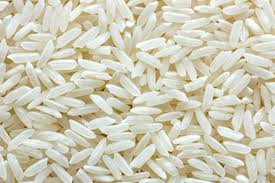Russia-Ukraine conflict likely to have cascading effects in Nepal
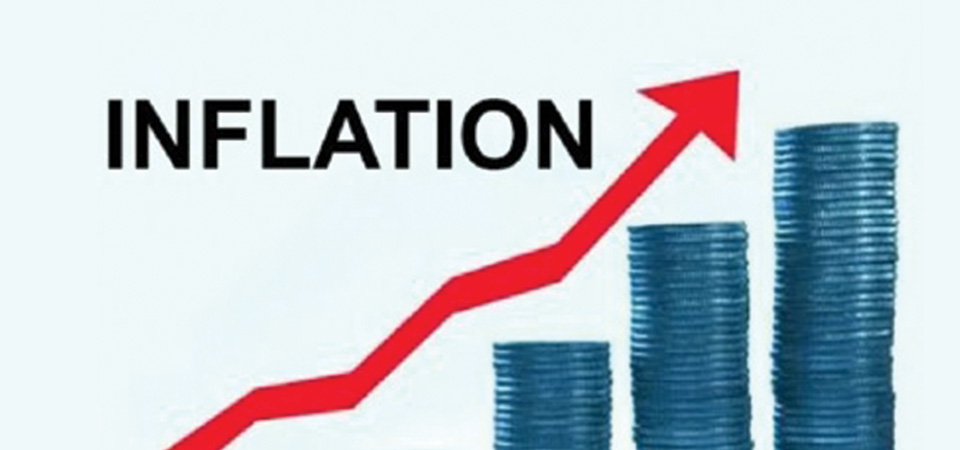
Kathmandu, Mar. 6: The ongoing Russian invasion of Ukraine is most likely to have multiplier effects on Nepal, which is predominantly an importing economy.
Possibly, the most significant and direct impact of the invasion will be on gas and oil prices in which Nepal is completely dependent on other countries, resulting in rising inflation.
The price of petroleum products has been rising in the international markets and its impact has already been felt in the Nepali markets as well. The country’s biggest import is petroleum products. Its value will now increase automatically.
Similarly, the price of edible oil, which is imported from Ukraine, has also started to increase in the domestic market after the import halt of crude oil, along with soybean, palm, sunflower and mustard seeds, due to the rising tension.
Snowball effect on economy
Economists have said that the war between Russia and Ukraine would have multiplier effects on the national economy such as inflation, unfavourable balance of payment and shrinking foreign exchange reserves.
“As the country’s economy continues to slide down due to domestic factors such as lack of liquidity and shrinking businesses, rising fuel prices will have an additional impact on the national economy, so the concerned bodies should be cautious in time for any possible crisis in the economy,” said economist Dr. Chandra Mani Adhikari.
Rising fuel prices in the global market have affected the world economy, he said, adding that Nepal cannot remain unscathed from its effects.
Tension between the two countries, expected to escalate further, is sure to add ghee to fire on the economy already affected by COVID-19, coupled with rising demand for goods and services and rising petroleum prices, he told The Rising Nepal.
Rising fuel prices will increase the cost of production and transportation of domestic goods. As import costs rise, trade deficit will widen and foreign exchange reserves shrink further, Adhikari said.
Dr. Gunakar Bhatta, executive director of Nepal Rastra Bank, said that the rising cost of petroleum products and edible oil due to the ongoing Russia-Ukraine war would pose multiple challenges to the national economy.
“The world economy, which is recovering from COVID, will now be shrunk as all economies will engage in weathering war instead of reviving the economy. Due to this, the remittance inflow and tourist flow could go down across the world and also affect Nepal,” he said.
Similarly, there will be an effect on trade as well because Nepal is importing sunflower oil from Ukraine and exporting it to India by adding value, he added.
Pressure on inflation
“Definitely, rising prices of fuel and imported goods will pose pressure on inflation. The price of goods will go up after the price hike in fuel. As an import-based economy, Nepal has to spend more for imported goods. As a result, inflation will go up thanks to the price hike of imported goods,” Bhatta said.
He, however, said that the pressure on inflation would depend on the rise of fuel price and supply chain effect on essential goods.
He said that the longer the war lasts, the more impact it will have on the global economy including Nepal’s.
Economist Dr. Adhikari said that the present scenario of fuel price hike and strong US dollar showed that the country’s inflation could easily hit double-digit this year.
The government has targeted to maintain inflation at 6.5 per cent this year. It will be at least 10 per cent this year in Nepal as inflation is also increasing in other economies, including in the UK and America, he said. Inflation has already reached 5.65 per cent in Nepal.
“The cost of living of Nepali would be higher. We have to control use of luxurious and non-essential goods in this situation,” Adhikari suggested.
Nepal can reduce its consumption of petroleum products to cushion the impact, he said, adding that emphasis could be laid on the use of electricity for that by reducing tariff.
Effect in the kitchen
The effect of war is also being felt in the Nepali market. Retailers said prices of most commodities imported from Ukraine have risen since the outbreak of the war.
General Secretary at the Nepal Retailers’ Association Amul Kaji Tuladhar said that the price of edible oil and ghee had increased by Rs. 10 to Rs. 20 per litre in the last several days.
Prices of all kinds of products, not just oil, have started rising gradually, he said.
“The big industrialists and businessmen are manipulating the market. They are raising prices for their benefits,” he said.
In the meantime, the Department of Commerce, Supplies and Consumer Protection Management has also been taking information about the reason of price hike of edible oil in the market.
Fuel prices break record
The price of petrol, diesel and kerosene has reached an all-time
high in the country. Now, petrol costs Rs. 150 per litre and diesel and kerosene Rs. 133 per litre each. The cost of a cylinder of cooking gas has reached Rs. 1,575.
Due to an unexpected rise in fuel prices in the international markets, the Nepal Oil Corporatio, (NOC), the state-owned petroleum supplier, is now in financial crisis to supply petroleum products in the market, Binitmani Upadhyay, spokesperson for NOC, said.
“We have to bear the impact of the increase in fuel prices due to the invasion,” he said. The monthly loss of NOC has reached around Rs. 5 billion.
The price of crude oil in the international market has reached the highest point ever – USD 115 per barrel from around USD 90-93 per barrel almost two weeks ago. In December last year, the price of crude oil per barrel was USD 74.
Impact on trade
Concerns have been raised that Nepal’s trade will be affected by the Russia-Ukraine war.
Director of Pashupati Edible Oil Industry Amit Sarda informed that loading and shipment from both the countries have been stopped now.
When the import of these goods from Ukraine stops, there will be a shortage of ghee and oil in the market and the price will automatically rise, he said.
Sarda said around 80 per cent of crude oil of sunflower and mustard is being imported from Ukraine as the quality of mustard grown there is better than that of other countries.
Traders were importing semi-refined oil of sunflower and soybean as well as sunflower and soybean seeds from there and other countries and processing them here before exporting to India, he said.
“Situation may unfold to shut down the oil refinery factories in Nepal soon if the war continues to escalate as the present stock of crude oil is running out,” Sarda said.
He said that the process of importing crude sunflower and soybean oil from Paraguay and Turkey would be expedited.
Nepal’s trade with Ukraine, Russia
Foreign trade statistics of the Department of Customs showed that foreign trade of Nepal with Ukraine reached about Rs. 14.5 billion in the first seven months of the current fiscal year.
Nepal has imported goods worth Rs. 14.42 billion from Ukraine while exported worth only Rs. 1.5 million during the review period.
Crude sunflower worth Rs. 9.51 billion, soybean oil worth Rs. 790 million and mustard seeds worth Rs. 3.95 billion have been imported in the last seven months.
The country had imported goods worth Rs. 17.18 billion in the FY 2020/21, Rs. 10.22 billion in 2019/20, Rs. 10.14 billion in 2018/19 and Rs. 4.93 billion in 2017/18 from Ukraine.
Goods exported to Ukraine from Nepal include green tea, Yarsagumba, paintings, felt balls, carpet, women’s cotton coat, thread, silver and other ornaments and wooden furniture.
In contrast, Nepal’s import trade with Russia stood at around Rs. 2-3 billion yearly till the last fiscal year 2020/21, according to the statistics. However, Nepal imported goods worth Rs. 4.32 billion from Russia while exported goods worth Rs. 151 million in first seven months of the current fiscal year 2021/22.
Recent News

Do not make expressions casting dout on election: EC
14 Apr, 2022
CM Bhatta says may New Year 2079 BS inspire positive thinking
14 Apr, 2022
Three new cases, 44 recoveries in 24 hours
14 Apr, 2022
689 climbers of 84 teams so far acquire permits for climbing various peaks this spring season
14 Apr, 2022
How the rising cost of living crisis is impacting Nepal
14 Apr, 2022
US military confirms an interstellar meteor collided with Earth
14 Apr, 2022
Valneva Covid vaccine approved for use in UK
14 Apr, 2022
Chair Prachanda highlights need of unity among Maoist, Communist forces
14 Apr, 2022
Ranbir Kapoor and Alia Bhatt: Bollywood toasts star couple on wedding
14 Apr, 2022
President Bhandari confers decorations (Photo Feature)
14 Apr, 2022


